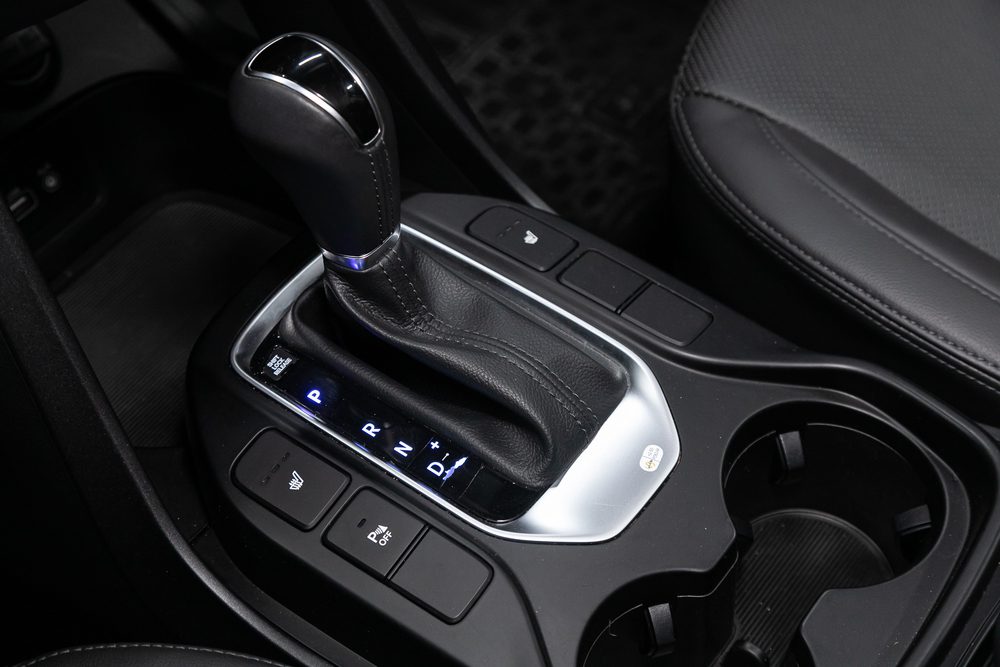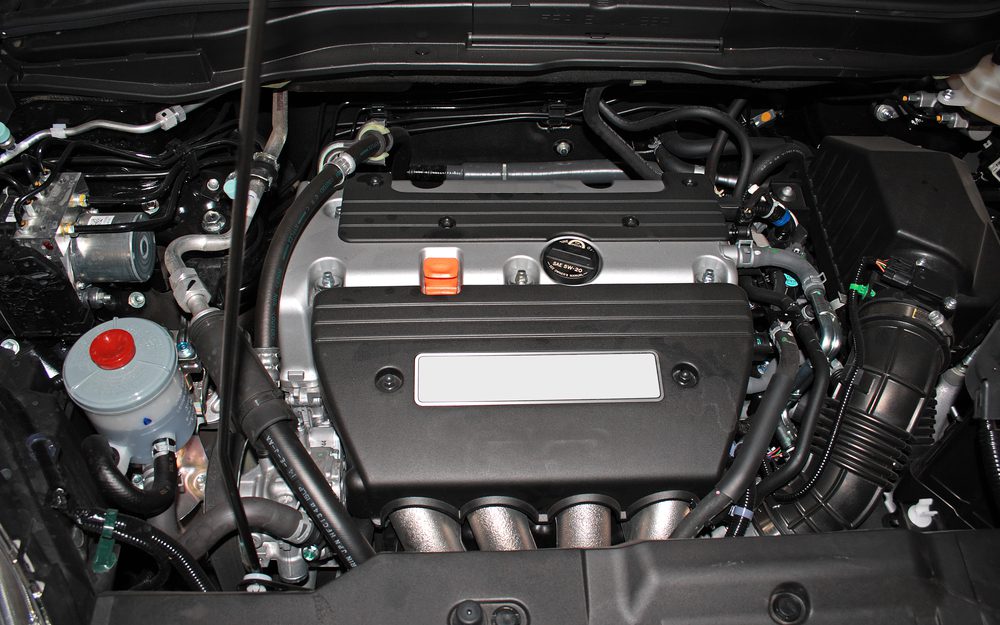Can a Body Control Module be tested?
The Body Control Module (BCM) is an essential component in modern vehicles, responsible for controlling various electrical systems such as lighting, power windows, and door locks. When the BCM malfunctions, it can lead to various issues, including non-functional or erratic behavior of these systems. As a result, it becomes crucial to test the BCM to diagnose and resolve any problems.
Why is testing the BCM important?
Testing the BCM helps identify if it is functioning correctly or if there are any faults that need attention. Since the BCM communicates with other modules in the vehicle, testing it can give insights into potential issues affecting other systems. By diagnosing and addressing problems with the BCM early on, vehicle owners can avoid more significant and expensive repairs down the line.
Methods of testing
There are several methods for testing a Body Control Module, ranging from basic inspections to advanced diagnostic tools. Here are some commonly used techniques:
- Visual inspection: A visual examination of the module can reveal any visible signs of damage, corrosion, or loose connections. This method is often employed as a first step before moving on to more in-depth testing.
- Scan tool diagnostics: Using a scan tool compatible with the vehicle’s make and model, technicians can retrieve error codes and data from the BCM. These codes provide valuable information about specific faults or malfunctions.
- Functional testing: This involves manually operating the various systems controlled by the BCM to check if they respond as expected. For example, technicians may test the lighting, audio, or door lock functions to determine if the BCM is functioning correctly.
- Probing and voltage testing: Technicians can use a multimeter or oscilloscope to measure voltages, signals, and resistance at various points in the BCM circuitry. This method helps identify any abnormalities or inconsistencies.
Professional vs. DIY testing
While some basic BCM tests can be performed by vehicle owners themselves, it is often recommended to consult a professional technician or an auto repair shop for comprehensive testing. Professional technicians have the necessary expertise, specialized tools, and access to technical databases that enable them to diagnose BCM issues accurately.
Tip: If you are experiencing problems with your vehicle’s electrical systems, it is essential to consult the vehicle’s user manual or seek professional assistance before attempting any DIY tests or repairs.
What are the symptoms of BCM failure?
1. Electrical Malfunctions
One of the common symptoms of a Body Control Module (BCM) failure is various electrical malfunctions. These can include issues with the car’s lights, such as erratic behavior, flickering, or failure to turn on. Additionally, you may experience problems with the power windows, door locks, or remote keyless entry system.
2. Unresponsive or Inconsistent Gauges
Another indicator of a potential BCM failure is when the gauges on your dashboard become unresponsive or provide inconsistent readings. This could involve the fuel gauge, speedometer, temperature gauge, or other instrument cluster components. If you notice that these gauges are behaving strangely, it could be a sign of a failing BCM.
3. Failure of Accessories
A faulty BCM can also lead to the failure of various accessories in your vehicle. For example, you may encounter issues with the air conditioning system, radio, power seats, or windshield wipers. These accessories may not function correctly or may stop working altogether due to a malfunctioning BCM.
4. Intermittent Starting Problems
Intermittent starting problems can also be attributed to a failing BCM. You may find that your car has difficulty starting, experiences a delay in ignition, or fails to start at all. These issues can be frustrating and inconvenient, indicating a potential problem with the BCM.
5. Warning Lights and Error Messages
A failing BCM can trigger warning lights on your dashboard, such as the check engine light, ABS light, or other warning indicators. Additionally, error messages related to the vehicle’s systems may appear on the display panel. These warning signs often point to a malfunctioning BCM.
Overall, if you notice any combination of these symptoms, it is advisable to have your vehicle inspected by a qualified technician. They can diagnose the issue and determine whether the BCM is indeed the underlying cause.
Quote: “A failing BCM can lead to various electrical malfunctions and accessories failures in your vehicle.”
What is a faulty BCM?
A Body Control Module (BCM) is an important component in modern vehicles. It acts as the central control unit for various electrical systems, such as lighting, door locks, and climate control. When a BCM becomes faulty, it can cause a range of issues that may affect the functionality of these systems.
Signs of a faulty BCM
There are several signs that may indicate a faulty BCM:
- Malfunctioning or erratic behavior of electrical systems
- Flickering or dimming lights
- Doors not unlocking or locking properly
- Inoperative or unresponsive climate control
It’s important to note that these symptoms can also be caused by other problems, so proper diagnosis is crucial.
Testing a faulty BCM
In order to determine if a BCM is faulty, it needs to be tested using specialized diagnostic equipment. This equipment communicates with the BCM and retrieves error codes, which can indicate specific issues. Testing the BCM involves checking its communication with other modules, inspecting its power and ground connections, and conducting functional tests on the affected systems.
Quote: “Proper testing of a faulty BCM requires knowledge and experience, so it’s recommended to consult a qualified technician.”
Repairing or replacing a faulty BCM
If a faulty BCM is diagnosed, there are two main options for resolution:
- Repair: In some cases, the faulty component within the BCM can be repaired or replaced. This is usually carried out by specialized repair services.
- Replacement: If repair is not possible or cost-effective, the entire BCM may need to be replaced. This involves programming the new module to work with the vehicle’s specific settings.
It’s important to consult a professional technician to determine the best course of action based on the specific situation.
In conclusion, a faulty BCM can lead to various electrical issues in a vehicle. Proper diagnosis and testing are essential to identify and resolve the problem. Whether through repair or replacement, it’s important to seek professional assistance to ensure the BCM is functioning correctly and to prevent further complications.
Conclusion
Testing the Body Control Module is vital to ensure the overall functioning of a vehicle’s electrical systems. By identifying and addressing any faults or malfunctions early on, vehicle owners can save time, money, and potential inconvenience caused by non-functional or erratic systems.
| Issue | Possible Cause |
|---|---|
| Non-functional power windows | BCM failure, wiring issue |
| Interior lights not working | BCM failure, blown fuse |
| Erratic door lock behavior | BCM failure, faulty actuator |
Remember, if you are unsure about testing or repairing the BCM yourself, it is always best to consult a qualified professional to avoid any potential damage to your vehicle.



